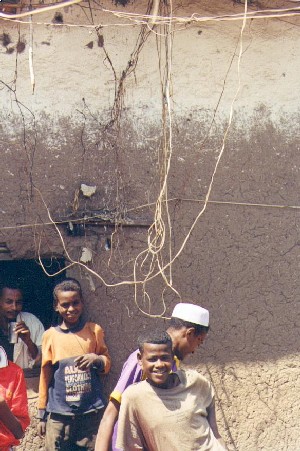Currently, less than 2% of Ethiopia's rural population have access to the grid. In a country with over 85% of its population living and working in the rural sector, this lack of modern energy severely restricts social and economic development. It is the objective of the Ethiopian Government to radically change this situation. Working with the World Bank, and a number of other donors, Government has embarked upon a national Energy Access Project that aims to increase access to electricity and other modern energy sources to a much larger proportion of the population over the next 10 years.
The World Bank, under its Energy Access Program, is providing support to help establish the RES. It is supporting the Ethiopian Electric Agency (EEA - the Regulator) in this capacity.
The EEA solicited proposals from a number of companies to carry out the design work under a project entitled: Ethiopia Energy Access Project: Design of an Institutional and Financing Framework for Rural Electrification (Rural Electrification Fund). This work will establish the legislative, institutional and financial framework for establishing a Rural Electrification Board (REB), a Rural Electrification Secretariat (RES) and a Rural Electrification Fund (REF) to carry out the Government's new "Rural Electrification Strategy". The legal basis for the proposed institutional structure will be prescribed in a proclamation to be prepared and presented to parliament before end-2002, and the institutional and financial framework should be set out by a team of experts selected by the EEA for this work, led by Energy for Sustainable Development Ltd. (ESD), by January 2003.
